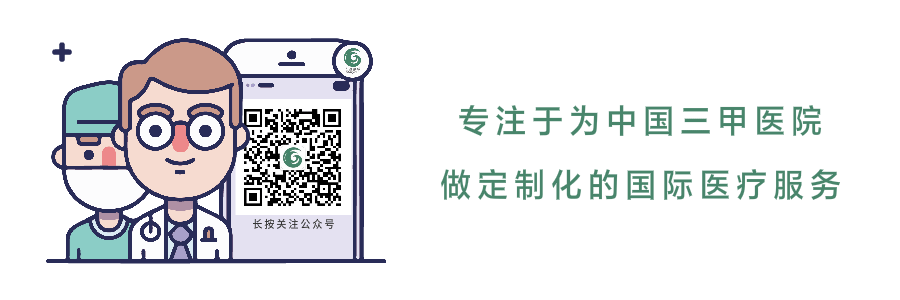-
动态

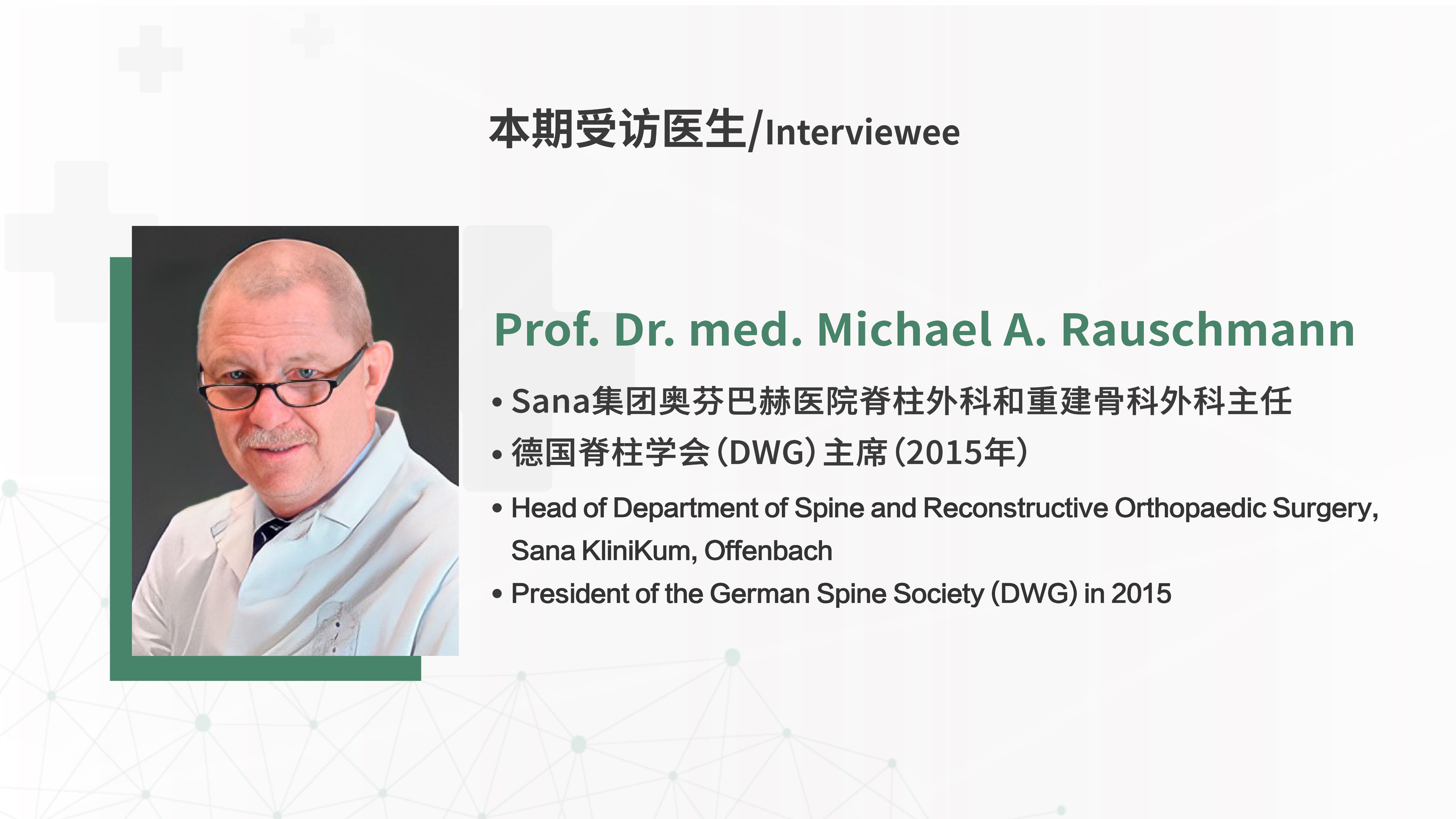
本期仁医医疗特别邀请到国际著名脊柱专家Prof. Michael A. Rauschmann做专题访问。Prof. Rauschmann现任Sana集团奥芬巴赫医院脊柱外科和重建骨科外科主任、法兰克福大学教授,他曾担任德国脊柱学会(DWG)主席(2015年),连续11年获得FOCUS顶级医师奖(2012年-2022年)。2022年贵阳市第四人民医院脊柱外科肖宇医生将成为Prof. Rauschmann在中国的第一个临床医学博士(MD)。
Prof. Rauschmann编写了《Spine Surgery》
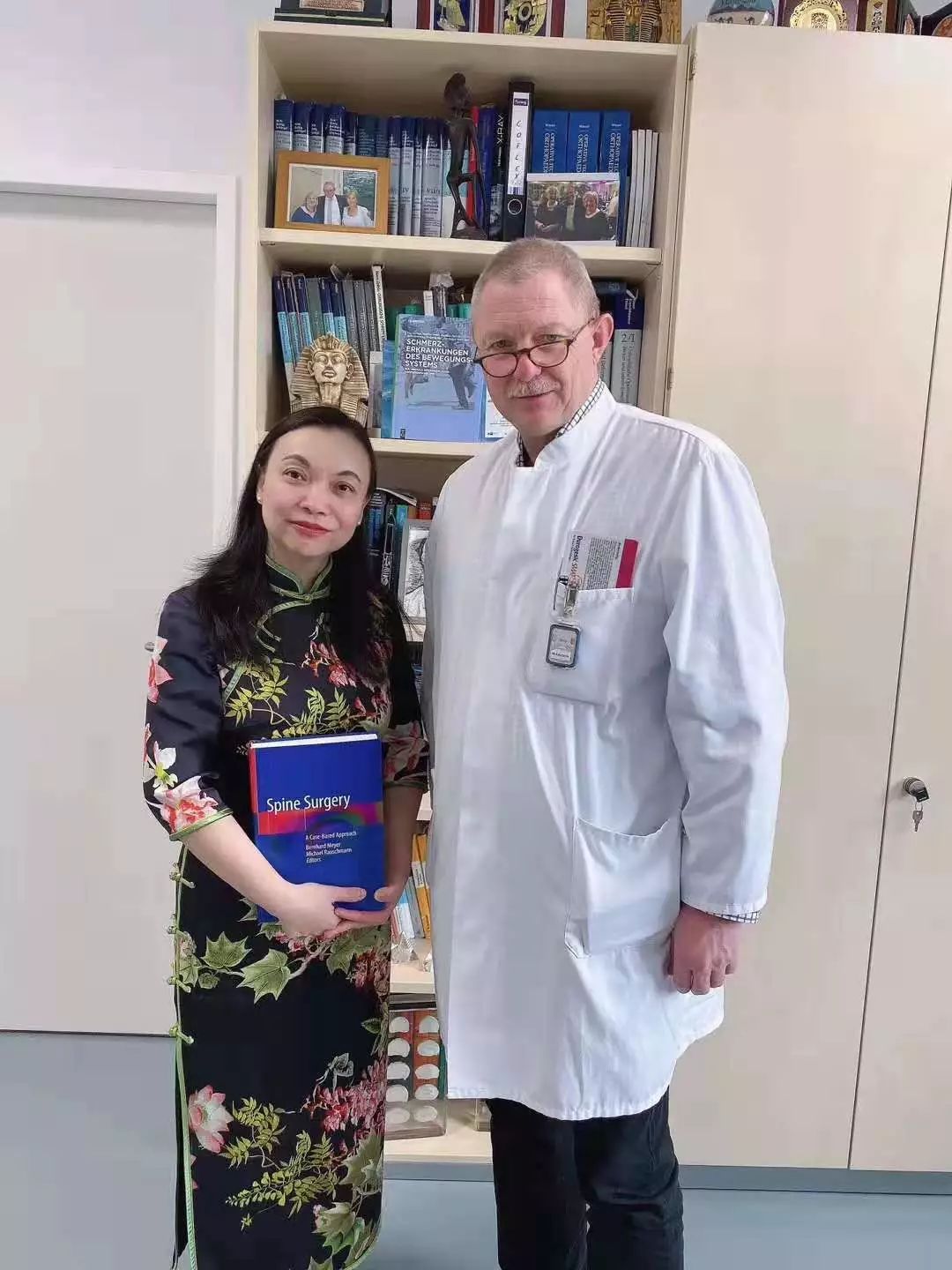
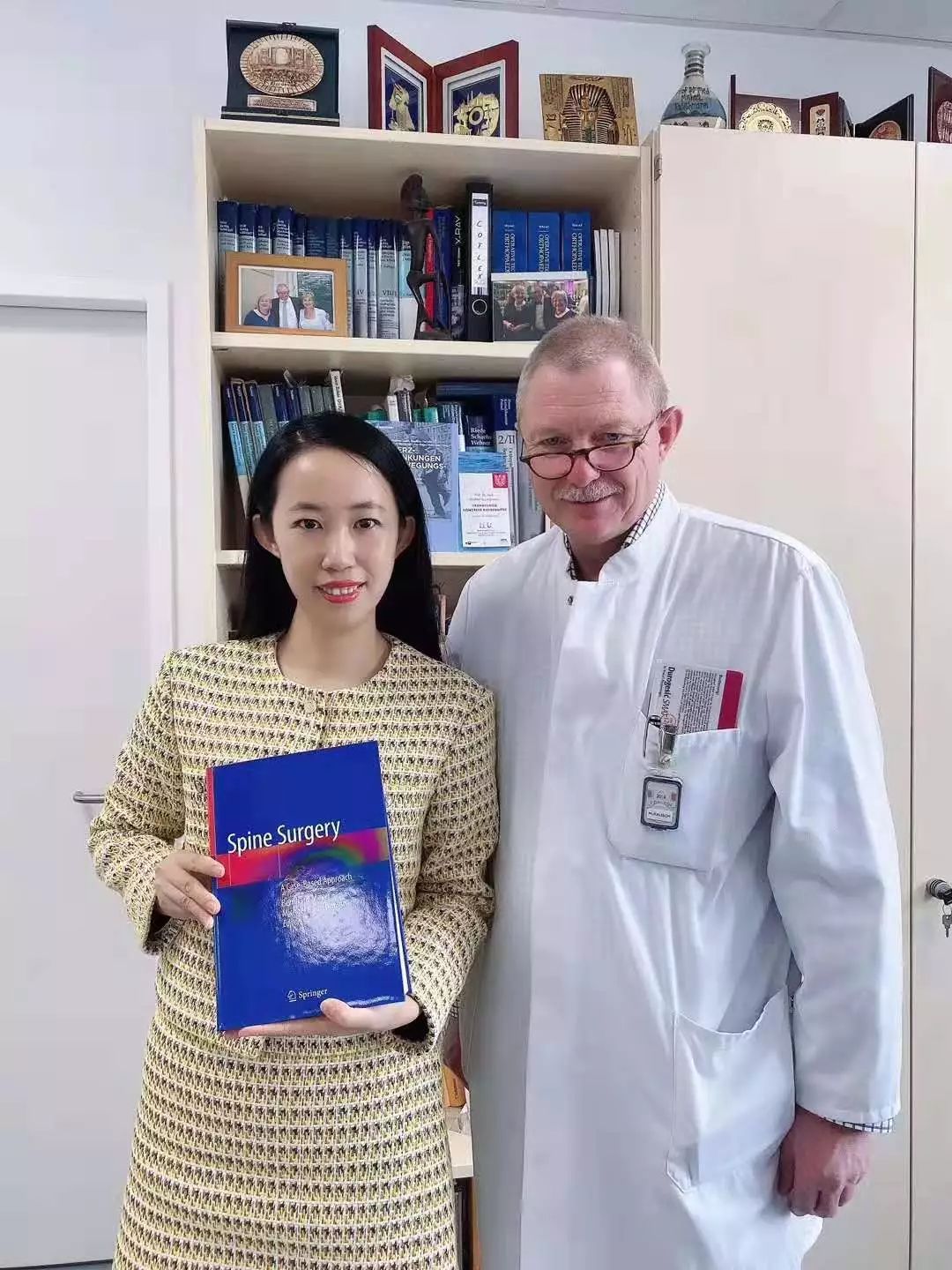
△Prof. Rauschmann赠与仁医医疗团队《Spine Surgery》
他还是Die Orthopädie《骨科》(原:Der Orthopäde)杂志专题发行负责人
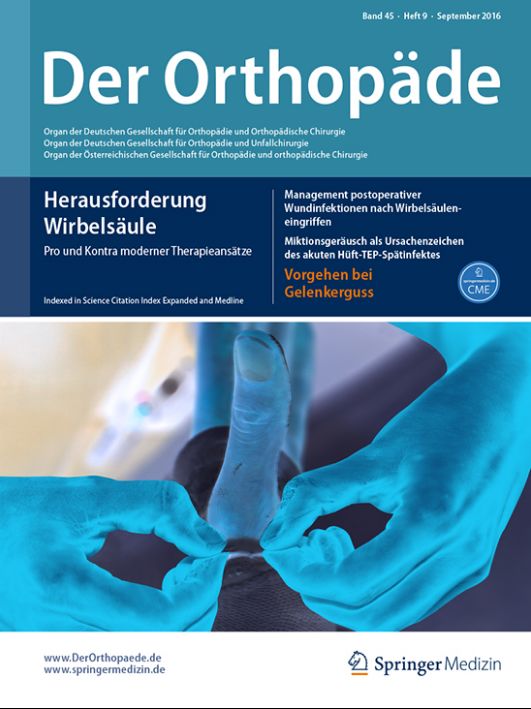
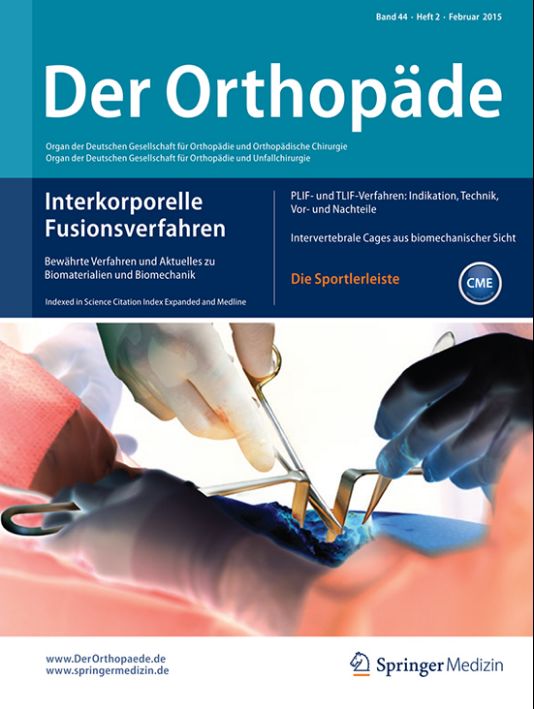
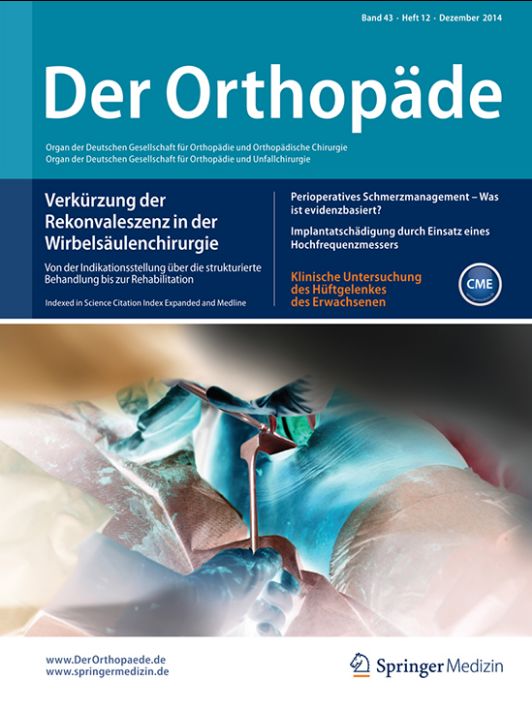
精彩回顾
戳视频 抢先看
1、您为什么学医,又为什么决定专攻脊柱疾病呢?
Why did you decide to pursue a career in medicine and why, in particular, did you decide to specialize in the spine (or spine surgery)?
我一直都对大自然感兴趣,在学校我最喜欢的科目是生物。作为一名学生,我在15岁的时候去了一家药店实习,药店的工作对于我来说过于理论化而实际问题较少,后来我就到了一家治疗严重神经系统疾病的医院实习,这也促使我下定决心学习医学。
不过由于我的学习成绩不够,我暂时无法读医,所以我先去了德国军队服兵役,一年后我又去了学习汽车修理。完成汽车修理培训后,我获得了去匈牙利布达佩斯学习医学的机会。两个月后,我得到一个回德国法兰克福学习的名额。所以我就回到了法兰克福——我的出生地,并在此完成了我的学业。
我最感兴趣的是解剖学。我和其中一位教授相处友好,他点名让我学习显微镜切片制备,后来他还安排了一个实践解剖学研究课题让我准备论文。这很大程度影响了我学习外科专业的决定。后来我在德国的不同医院接受实习培训,我也去过奥地利、美国和南非的医院实习了六个月。在这些实习经历中,我总是喜欢在骨科手术室工作。完成医学考试后,我开始了我的第一份工作,在一个创伤科室当医生。两年后,我转到法兰克福大学骨科医院专攻骨科,我在那里至少呆了23年。
Thank you for the question. I always was interested in nature, in school my favorite subject was biology. So therefore first I did a practical training in a pharmacy as a student at the age of 15 years. This was for me too theoretical with less practical issues, so I did a practical training in a hospital for severe neurological diseases. This gave me the decision to study medicine. Due to my school grade, I was not able to start immediately with the medicine study, so I went at first to the German military and after one year I started an education as a car-mechanic. After finishing this education as a car-mechanic, I had the opportunity to start my medical studies in Budapest in Hungary and 2 month later I got a place in Frankfurt Germany, so I changed my study place and did my whole study in Frankfurt, here where I was born.
My favorite interest was anatomy. So I got a very intensive contact to one of my professors and he chose me to learn microscopic preparation and later he gave me a practical anatomical study to prepare my thesis, which I did. This influenced me very much in the decision to do a surgical subject in medicine. Then I did practical trainings in different hospitals here in Germany, I went to Austria, to the United States and to South Africa for six months. Here I always preferred to work in the orthopedic surgery units. After finishing my exams, I started my first work as a doctor in a trauma unit. Two years later I changed to the orthopedic university hospital in Frankfurt for specialization in orthopedics where I stayed at least 23 years.
2、在您的职业生涯中,是否有对您来说很重要的导师?他们教会您什么,是如何启发您的呢?
Who have been you greatest influences? What have they taught you and how have they inspired you?
正如我之前提到的,对我影响最大的是我遇到的第一位教授,他是教解剖学的Oelschläger教授,他不仅给我安排毕业论文的研究课题,而且对我的科研基础有着深刻影响。
后来当我在法兰克福大学骨科医院工作时,我遇到了两位对我影响深远的教授。一位是Ludwig Zichner教授,他是医院院长也是一位骨科医生,他影响着我的骨科科研工作,也激发我探索医学历史的兴趣。对于我的临床工作, 不得不提及Erich Schmitt教授,他是一名脊柱外科医生也是脊柱外科主任。在他的影响之下,我完成了骨科学习后选择了脊柱外科作为我的专业。
My greatest influence, as I mentioned before, was my first professor in anatomy, his name was Prof. Oelschläger, and he gave me my theme for the thesis and he really had a big influence, concerning the base of my scientific work. Later on, when I went to the orthopedic university hospital I had two professors, the chair of the hospital was Prof. Ludwig Zichner, he was the general orthopedic surgeon and he influenced me due to my scientific orthopedic work and my interest in history of medicine. And concerning my clinical work, Prof. Erich Schmitt, he was the spine surgeon and he was running the spine unit, and he influenced me doing spine surgery as my specialization after finishing the education in orthopedics.
3、作为大学教授、科室主任、众多学会成员,您是如何平衡行政、临床、科研工作、教学以及个人生活?
As a university professor, chief physician, members of many professional societies, how do you balance the administration, clinical practice, research activities, teaching and personal life?
首先,在我心目中,家庭是排第一位,其次是我的临床工作,但实际上,毫无疑问我的临床工作以及科研工作占据了我生活中的大部分时间。我非常喜欢教学工作,无论对象是学生还是医生,所以我在德国脊柱学会(DWG)非常活跃。我是DWG学院的执行董事,负责学会所有证书的教学课程。
First of all, in my mind, the family is the first choice and secondary of course, my clinical work, but in reality concerning my time, I would say of course the clinic and my clinical work and my scientific work takes most of the time in my life. Teaching students and doctors in education I like very much. Therefore I’m very active in the German Spine Society (DWG). I’m the executive director of the academy of the DWG and responsible for all the educational courses for our certificates.
4、作为众多医学学会的成员,您参加过许多国内外的学术活动,这对您的职业生涯有何帮助?
You have been an active member of a number of medical organizations, and have been engaging in many regional and international academic activities, how has this helped to shape your career?
参加各种大会或研讨会有助于增进与脊柱外科领域的意见领袖和重要人物的联系,我也得到与他们第一次接触的机会。通过展示我的成果,我获得了尊重并被邀请负责德国脊柱学会的教学课程工作。我投入了大量精力,因此在2015年德国脊柱学会董事会选举我担任主席。这些经历对我职业生涯的影响是深远的。
Going to congresses and workshops helps a lot to get in contact with opinion-leaders and important persons in the field of spine surgery. This helped me a lot to get my first contacts. By showing my results, I got respect and was asked to support these courses in the German Spine Society. I committed myself intensively and so the board of the German Spine Society elected me in 2015 to be the president of the German Spine Society. All this together shaped my career in a very important way.
5、在2017年,您离开法兰克福到Sana集团奥芬巴赫医院就职,并在该院担任脊柱外科和重建骨科外科主任至今,能否分享一下当时过渡期间,您遇到最大的挑战是什么?
In 2017, you moved to the Sana Clinic in Offenbach from Frankfurt, and since then you have been the head of the Department of Spine and Reconstructive Orthopaedic Surgery there. Could you please share with us what was the biggest challenge you encountered during the time of transition?
在过渡期间,我遇到了许多挑战。
首先,我会担心病人会不会追随我。因为如果没有病人,医生就无事可做。其次,医院的医生和教授对我的态度是怎么样的呢?护士和行政部门是否会接受我以及如何配合我的工作?第三,我在新的环境中是否会感到快乐?
我认为最后一点非常重要,如果你在一个地方工作不开心,你就无法发挥你最大的能力。我真的很高兴他们能接受我,接受我的工作方式以及我所做的工作。不久后,我就与医院的各个学科建立了联系。Sana集团奥芬巴赫医院是一家大型医院,拥有上千张床位。这家医院的一大优点是各个科室和学科的工作配合紧密,我也很快适应了新环境。我很荣幸能成为这个由20多个学科组成的团队中的一员。我们以完美、专业的工作方式来共同帮助我们的病人。这对我来说是最重要的事情,我可以按照我喜欢的方式来完成我的工作。
There were a lot of challenges by doing this transfer. First of all, I was scared if the patients will follow me, because if you do not have patients, you do not have something to work. The second was how will the doctors in the hospital and the professors react to me? How will the nurses and the administration will work with me and accept me in my work? And third, will I be happy in a new environment?
I think the last point is very important, if you are not happy in the place where you work, you cannot give your maximum power. Therefore I was really glad that they accepted me, that they accepted the way how I work and also accepted my work which I do. It took not a long time until I got in contact with all the different disciplines. The Sana Clinic Offenbach is a very big institution with thousand beds. And a big advantage is that all these institutions and disciplines work very close together and that worked out for me also quite fast, so I'm really happy to be a member of this team of more than 20 disciplines in the house and we work in a very perfect way, a very professional way, together to help our patients. So this is for my side, the most important thing, that I can do my work how I like to do it.
6、Sana集团奥芬巴赫医院大骨科有分科吗?
Are there any orthopedic sub-specialties in the Sana Clinic Offenbach?
奥芬巴赫医院大骨科有不同的亚专科。我们有一个髋膝关节假体置换中心,还有一个与整形外科医生团队组成的卓越烧伤中心,它不仅服务于当地区域。我们还有一个足踝中心,与儿科合作治疗足部和小腿的畸形。我们医院的创伤救治工作也非常优秀,由于这是一家位于大城市的大型医院,我们配有直升机以及3组创伤急救人员专门接收和运送病人。因此我们的创伤中心是非常大型的,每年救治成千上万的病人。
There are different sub-specialization, we have a sub-unit for endoprosthesis of hip and knee and we have a burning unit together with plastic surgeons which is a very exceptional and is not working only for our region. And we have a special unit for foot and ankle and we also work with a pediatric department concerning deformities in the foot and lower leg. And of course the trauma work is very exceptional, because it's a big hospital in a very big area, so we have the helicopter, we have three emergency units who go out and bring the patients in. So it's very big with thousands of patients every year.
7、您科室每年做多少台手术?
How many surgeries are performed in your department every year?
就目前来说,每年大约有800台手术。但我要补充一点,这些手术大多数都是大手术,完成一台肿瘤切除术或手术处理脊柱椎间盘炎通常耗时许久,所以外科医生不可能在一天内完成太多手术。但现实是我们每天24小时都接收很多急诊病人,因此我们的手术量不会少。而且科室每天会开放两间手术室,一间用于做大型的、耗时长的手术,而另外一间用于做各类小型手术,如髓核切除术、减压术等。
Nowadays I would say around 800 surgeries. You must take in mind that a majority of these surgeries are always big surgeries, so if you do a tumor surgery or a surgery in spondylodiscitis, that takes typically many hours of the day, you cannot do so much more on one day. But due to the fact that we have also a lot of emergency cases which are running 24/7. This makes the high number and also we are running two OR rooms every day. Here we have one room where we do the big surgeries, the long surgeries, and in the second room, we do more the smaller ones like nucleotomies and decompressions or something like that.
8、能否分享一下您治疗过的最具挑战性且最印象深刻的病例?
Could you please share one case that you think is the most challenging and impressive one?
从医多年以来,我遇到过许多不同且极具挑战性的病例,当中有宝贵的经验也有失败的教训。我记得我曾经做过一台上胸椎大肿瘤切除手术,是由潘科斯特肿瘤(Pancoast tumor)引起的。我花了至少12小时来操作这台手术,然后胸外科医生才把肿瘤连同肺部一起切除,这是一台非常具有挑战性的手术。
还有切除骶骨上的脊索瘤这类手术,对我来说也是非常有挑战性的。我们希望在不触及肿瘤的情况下进行广泛性切除,这就导致手术耗时非常长。同时骶骨是一个非常脆弱的部位,进行这类手术对病人也会有严重的影响。
当然,在我的脑海中,我仍然记得有一个“死在手术台上”(Mors in Tabula)的病例,是一个患有严重的多节段腰椎间盘炎的病人,在手术最后因心脏病发作而死亡。当时我承受了很大的压力,因为我不清楚病人猝死的原因是什么。直到最后,对病人进行病理调查后,我们才发现这不是外科医生的过失,而是由于病人心脏病发作才导致死亡。这给我留下了深刻的印象,至今我仍会想起我生命中那黑暗的一天。
During all these years I had different cases in my life which were very challenging for me, on the one hand of course pearls, but also pitfalls, so I remember a big tumor resection in the upper thoracic spine by a so-called Pancoast tumor, so that took at least a surgery time for me of 12 hours and then the thoracic surgeon had to take away the tumor in combination with the lung, so this was a very challenging surgery.
And also different surgeries on Chordomas in the sacrum where were very challenging for me. It’s a very long surgery where we want to get a wide resection without touching the tumor. This is a very delicate region, also there are severe consequences for the patient.
And of course in my mind, there is still a so-called “mors in tabula” where a patient with a severe spondylodiscitis in different segments of the lumber spine died in the last part of the surgery due to a heart attack. So this for me was a big stress because I didn't know what was the reason for this sudden death. And only at the very end when the patient was investigated by the pathology, we found out, that this was not the fault of the surgeon and this was a heart attack, but this impressed me very much and I nowadays still think about this very bad day in my life.
9、法兰克福市因您在医学领域享有盛誉而任命您为该市“大会大使”,这对您来说意味着什么?
The city of Frankfurt am Main has appointed you as one of its congress ambassadors because of your reputation in medicine, what does this appointment mean to you?
我很荣幸能成为法兰克福市的“大会大使”当中的一员。这要归功于2015年举办的德国脊柱学会年会。这场大型盛会汇聚了2750名参会者,这对于法兰克福市,特别是对于会务中心及其周围的酒店和餐馆来说是一场大型商业活动。当然邀请国内外嘉宾参加这场盛会,对我们的城市来说也是一种荣誉,我也很高兴能成为大会大使中的一员。现在我们仍在推动着这些活动,我会组织各类学术座谈会和研讨会,邀请来自世界各地的医生参观我们在医院的工作情况。他们还可以游览城市,法兰克福市也因这些嘉宾的到来而增色添彩。它是一座非常漂亮的城市,人们称它为美因哈頓(Mainhattan),因为这里的摩天大楼在德国是独一无二的。
It was an honor for me, belonging to the group of ambassadors of our city here in Frankfurt, this was due to the congress in 2015. For the city, such a big congress means, that we had 2750 participants at the congress which is a big business for the city of course, especially for the convention center, for the hotels around the convention center, and for the restaurants in the city. And having national and international guests for such a congress, it is also an honor for our city and therefore I'm happy to be one of the ambassadors. And still nowadays, we continue with this program and I do further symposiums and seminars where doctors from all over the world come to visit me and to see me how we work in the hospital. They all get contact with the city and get a walk around with me, and so also Frankfurt has a profit of guest doctors because Frankfurt is a very nice city, you know they call it Mainhattan because of the skyscrapers which is exceptional here in Germany.
10、至今您最自豪的职业成就是什么,为什么?
What is your proudest career achievement to date and why?
每天都有我成功治疗的病人,他们对我的工作表示非常感谢,这是我最自豪的职业成就。此外,如之前提及,我担任过德国脊柱学会的主席。我能在德国乃至国际著名的脊柱外科医生当中脱颖而出当选主席,对于我来说是一个极大的荣誉。当然最重要的是我的病人,我工作中最大的成就是,病人术后能感到开心和满意。
Everyday the patients which I have successfully treated and who are very thankful to my work, this is the proudest career achievement for me. Furthermore the presidency of the DWG which I mentioned already, because I was elected from a board who are the most important spine surgeons in Germany but also international. This was a very big honor for me. But on the first place, I still see the patients and this is my biggest achievement in my work having happy and satisfied patients after my surgical work.
11、您对想要开启他们的脊柱外科生涯的年轻医生有什么建议?
What advice would you give to young surgeons hoping to start a career in spine surgery?
第一,我建议他们先在普外科学起,或者在一家医院全面地学习普外科、血管外科和创伤外科的知识。
第二,花时间认真处理每一个病例,陪伴病人。你要学习治疗的方法,从诊断、手术切口的制作、手术适应症、跟进手术过程以及手术成功的原因,还有病人的愈合过程和长期疗效。还有一点很重要,当病人向你寻求进一步意见时,你要清楚能为病人提供什么建议,是做手术还是采取保守治疗等等。
第三,永远都要制定一个B计划。你的第一个治疗方案不一定能通过做手术实现,尤其是在脊柱外科手术中,所以一定要考虑,如果第一个治疗方案失败了,下一步该做什么。
第四,永远不要违背病人的意愿进行治疗。如果没有获得病人的信任就不能治疗,也不能给他做手术。治疗病人的前提是,病人必须接纳你的治疗方案,以及信任你作为他的外科医生。
第五,观察的病人症状,始终对你的诊断持保留意见,并且要相信病人。当病人说:“我对手术不满意,我还有疼痛、麻痹或者瘫痪的症状”。认真对待病人说的话,当作事实并试着去验证它,通常都能找出原因。病人是从不说谎的。而且重要的是,你要清楚即使你坚信你所做的手术是完美的,也可能发生一些意外,从而导致手术不成功。
第六,手术前与病人会面,这点在病人的康复过程中也非常重要。让病人知道你和他们待一起,照顾着他们。这样在病人麻醉前的最后一刻,你都可以掌握他们的真实症状。因为有时病人的症状会改变,有时右腿的症状已经没有了,而表现在左腿、右臂或者左臂。所以手术前与病人会面,获得病人最新的情况非常重要。
第七,对病人要诚实。即使你出现了失误,也要告诉病人发生了什么,并解释为什么会发生这种情况。病人可能会同意再做一次翻修手术。对病人要诚实,不要对他们有隐瞒。
以上是我对年轻外科医生的建议。
I would always say they should start in a general surgery unit or in a hospital where they get a broad education in general and vascular surgery but also in trauma surgery.
Take the time for every case and stay with the patients. That's very important that you learn the way of the treatment starting with the diagnosis, doing the incision making and indication for the surgery, following the surgery and following the success of the surgery, the healing process, but also the longtime results of these patients. That's important to have an idea what you recommend to the patients later on, when you have to give them your opinion what they should do, if they should do a surgery or conservative treatment or whatever.
Try always to have a plan B for a treatment, especially in spine surgery not always your first plan will be realized in the OR, so you have to have an idea what you have to do if your first idea, if your first plan will fail.
Never do a treatment against the conviction of the patient. If the patient is not convinced, don't treat him, don't do the surgery. Patients have to be convinced of the treatment method which you will do and they have to be convinced of you as the surgeon.
Be always critical to the prescriptions from symptoms to the patients and believe them, so when a patient says, “I'm not happy with the surgery, I still have pain or I have numbness or I have a paralysis”. Take that as a truth and try to proof it, very often you will find a reason. And patients never lie, that's important to know that even if you are convinced that your surgery which you have done was perfect, even then, something can happen and can lead to an unsuccessful problem.
Try always to see a patient before doing a surgery. That's very important, also for the healing process after patients, that they know you're with them, you take care of them and you have in the very last step before the patients get the narcosis, you have another idea of their real symptoms, sometimes they change, sometimes it's not anymore on the right leg, it's now on the left leg or on the right arm, on the left arm, so it's important to see the patients just before the surgery to get all these new information about them.
At the end of the day, be honest to the patients. Even if you make a mistake, tell the patients what happened and explain them why that happened and then they still go with you also this hard way of revision surgery if this is possible, but be honest to them and don't lie to the patients.
These are my advice for young surgeons.
12、能和我们说说脊柱外科手术未来发展趋势?
What’s the future trends of spine surgery?
脊柱外科手术的发展前景十分光明。因为脊柱手术与髋膝关节置换术相比,前者还有许多待发掘的空间。我相信未来几年机器人导航和新的手术技术会如春笋般涌现出来,未来的脊柱外科手术会更加蓬勃发展。所以我坚信脊柱外科手术在外科领域的发展道路会变得更加广阔,导航和机器人技术也会让这类手术技术变得更加精确。
外科医生的手感永远是重要的,手术的成功不能仅依靠机器人和导航装置。手感、治疗计划的制定以及正确的手术指征判断都是需要外科医生来决定,而不是由计算机来决定。因此我们必须记住医生的手术技能和手感才是脊柱外科手术获得成功最关键、最重要的因素。当然所有的这些技术装置是能辅助外科医生、提高手术成功率,还有提高手术精确度,可能也会增加或缩短未来的手术时间。
There will be a great future concerning spine surgery because if you compare spine surgery with endoprosthesis in hips and knees, we are far away from the discovery, so I think navigation robotics and new surgical techniques will come over during the next years and they will increase even more in the field of spine surgery in comparison to today. So I'm very convinced that spine surgery will get bigger in the field of the surgical disciplines and also the techniques will get more precise concerning navigation and robotics. But still the feeling of the surgeon will always be important, a robot and a navigation unit cannot be only responsible for the success of the surgery, still the fingers, and the therapeutic plan which is done by the surgeon itself, making the right indication is still in the hand of the surgeon and not in the hand of a computer. So this is what we still have to take in mind that our handwork and our feeling in doing such a surgery is still the biggest, important thing to have success. But all these technical things, they will support us and they will increase our success and will increase our precision doing it and probably it will also increase or shorten the time of surgery in the future.
13、假如您不从医的话,您会从事什么行业?
What would you have been if you had not been a medical doctor?
如果我没有机会学习医学,我不知道我的未来会如何,但正如我在采访初始时提到的,我的家人是从事技术劳动工作的。我父亲有一家汽车喷漆公司,我曾经也学过汽车修理,所以假如我没有学医,我可能会接管我父亲的生意,继续经营他的汽车喷漆公司,这可能就是所谓的B计划。但其实我不想学习其他东西,我只对医学感兴趣。
I don't know exactly what will have happened, if I would not have got the opportunity to study medicine, but as I mentioned at the very beginning of our interview, you know, I'm coming out of a family of hand workers. My father has had a car painting company and I was educated as a car mechanic, so probably I would have taken over his business and would have continued with the car company, that would have been probably the so-called plan B if I would not have had the chance to study medicine. I didn't want to study anything else, I only was interested in medicine as a study.
14、除了学医外,您还有什么兴趣爱好?
What are your interests and hobbies outside medicine?
我喜爱大自然,所以我的爱好都与大自然有关。我喜欢养蜂、打猎,也喜欢划着独木舟或乘坐摩托艇在水上航行。每个暑假我们都会去海边乘船游览,这是让我非常享受的爱好。我还喜欢骑自行车,喜欢待在我的花园里观赏花卉植物。每年我都会购买一些新植物,增添我花园里的植物,看着它们如何生长开花。
I love the nature, therefore all my hobbies have something to do with nature. I'm a beekeeper, I like to go hunting, but I also like to go on the water either with my wooden canoe or with my motorboat. In every summer holidays, we go to the sea with our boat and do day cruises, so this is what I like very much. Also I like cycling and I like to go in my garden and look to the plants, and buy new plants every year to increase the number of plants in my garden and see how they grow and how they flower.
